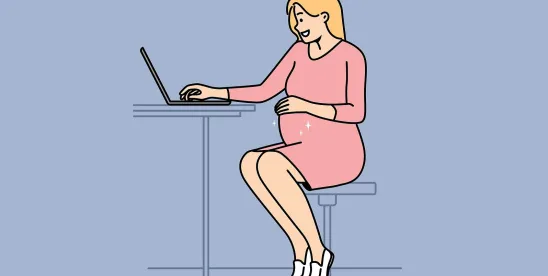A coalition of state attorneys general filed suit in April against the Equal Employment Opportunity Commission (EEOC) and its recently enacted pregnancy rule in the U.S. District Court for the Eastern District of Arkansas. Previously, Tennessee Attorney General Jonathan Skrmetti had requested a preliminary injunction to prevent the Pregnant Workers Fairness Act from being enforced.
On June 14, though, U.S. District Judge D. P. Marshall Jr. rejected the request for a preliminary injunction as moot. Judge Marshall Jr. found that the states could not show a likelihood of irreparable harm and dismissed the case without prejudice.
In particular, Judge Marshall Jr. found, “This case presents a narrow disagreement over a few words, a disagreement that seems unlikely to flower into few, if any, real world disputes, especially given the undisputed reach of the new Act and the unchallenged portions of the implementing regulation [and t]he States’ fear of overreach by one branch of the federal government cannot be cured with overreach by another.”
The states also sought relief because they claimed the abortion accommodation mandate in the new act infringed on their sovereignty, given many states have laws prohibiting or limiting abortion. However, Judge Marshall Jr. rejected this argument because pausing enforcement of the regulation would not help resolve the fundamental issue. Beyond that, since the Department of Justice was not a party, they would not be prevented from enforcing the regulation.
Despite this ruling, the rule is still not enforceable against public employers in Texas.
This decision does not end this litigation, it simply prevents these states from preventing enforcement while it continues. Other legal challenges also are far from over. In Louisiana, U.S. District Judge David Joseph issued a preliminary injunction on June 18 that partially blocks the rule from being applied against the religious organizations named as plaintiffs; the states of Louisiana and Mississippi and their agencies; and "any covered entity ... with respect to all employees whose primary duty station is located" in those two states to the extent that "purely elective abortions" must be accommodated.



 />i
/>i

